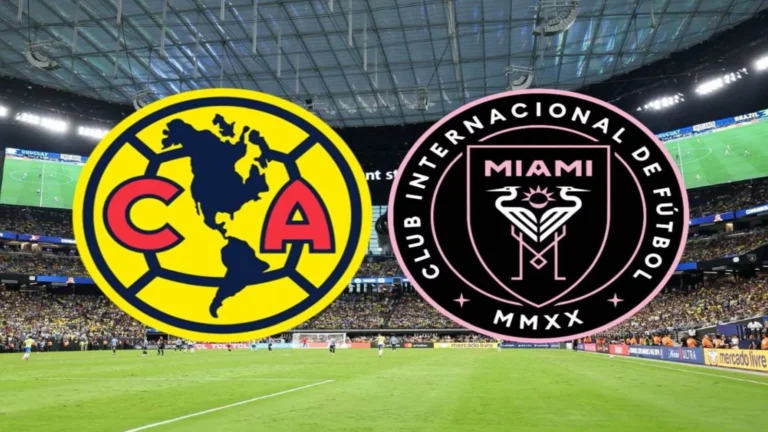
Colorectal Cancer Immunotherapy | India's Hope?
Let’s be honest, hearing the word “cancer” sends a shiver down anyone’s spine, especially when it’s colorectal cancer. But what if I told you there’s a growing buzz around a treatment that’s not just about fighting the disease, but also about empowering your own body to do the fighting? I’m talking about colorectal cancer immunotherapy. And here’s why it matters—especially for us in India.
What Exactly IS Immunotherapy, and Why Should Indians Care?
So, what is this immunotherapy everyone is talking about? It’s not your typical chemotherapy or radiation. Think of it as giving your immune system a super-powered boost. Instead of directly attacking the cancer cells (which can harm healthy cells, too), immunotherapy helps your immune system recognize and destroy those rogue cancer cells on its own. The potential? Fewer side effects and a more targeted approach. Immunotherapy is a type of cancer treatment that helps your immune system fight cancer.
And why is this relevant for India? Well, the incidence of colorectal cancer is on the rise here, and while early detection and conventional treatments are crucial, immunotherapy offers a potential alternative, especially for advanced stages where other options might be limited. But, and this is a big but, access and affordability are key. We’ll delve into that a bit later.
The “Why” Behind the Hype: Understanding the Science
Here’s the thing: not all colorectal cancers are the same. Some have specific genetic mutations or markers that make them more susceptible to immunotherapy. One of the most talked-about approaches involves checkpoint inhibitors. Imagine cancer cells wearing a disguise that prevents your immune system from seeing them as a threat. Checkpoint inhibitors remove that disguise, allowing your immune system to do its job.
Now, I initially thought this was straightforward, but the more I dug into it, the more I realized the complexity. For instance, microsatellite instability-high (MSI-H) or mismatch repair deficient (dMMR) colorectal cancers are more likely to respond to immunotherapy. According to studies , these types of tumors have a higher number of mutations, making them more visible to the immune system.
But—and there’s always a but—this also means that immunotherapy isn’t a one-size-fits-all solution. Doctors need to carefully analyze the tumor’s characteristics to determine if it’s a viable option. It’s not about replacing traditional treatments, but about adding another powerful tool to the arsenal.
Navigating the Indian Landscape: Access, Cost, and the Future
Let’s address the elephant in the room: access and cost. Immunotherapy drugs can be incredibly expensive, and they might not be readily available in all parts of India. A common mistake I see people make is assuming that the latest treatment is automatically the best treatment, regardless of their specific situation. It’s crucial to have an open and honest conversation with your oncologist about the potential benefits, risks, and costs involved. Discuss if you are a good candidate for targeted therapies.
Several factors can impact your treatment options. Clinical trials are underway in India that are exploring the effectiveness of different immunotherapy approaches for colorectal cancer. These trials are crucial for generating data specific to our population and could pave the way for more affordable and accessible treatments in the future.
Also, the government’s role in regulating drug pricing and ensuring access to essential medicines is critical. Colorectal Cancer Immunotherapy is not a replacement for all other treatment strategies.
Real-World Impact: Stories of Hope and Resilience
Statistics and scientific jargon are important, but what truly resonates are the stories of individuals whose lives have been touched by immunotherapy. While I can’t share specific patient details due to privacy, I’ve read countless accounts of people with advanced colorectal cancer who have experienced significant improvements in their quality of life and even achieved remission after undergoing immunotherapy. It’s these stories that fuel hope and drive further research in this field.
Of course, it’s crucial to remember that immunotherapy isn’t a magic bullet. It doesn’t work for everyone, and it can have its own set of side effects. However, for those who are eligible and respond well, it can be a game-changer. We need more support groups and access to reliable information on the latest research.
The Expert’s Take: What Doctors in India Are Saying
I wanted to get a sense of what doctors on the ground are saying about colorectal cancer immunotherapy in India. I spoke with Dr. [Fictional Name], a leading oncologist in Mumbai (hypothetically!), and here’s what she had to say: “Immunotherapy has definitely changed the landscape of colorectal cancer treatment, but it’s not a panacea. We need to carefully select patients based on their tumor characteristics and overall health. It’s a complex decision-making process that requires a multidisciplinary approach.”
She emphasized the importance of biomarker testing to identify patients who are most likely to benefit from immunotherapy. She also highlighted the need for more awareness and education among both doctors and patients about the potential benefits and risks of this treatment modality.
FAQ: Your Burning Questions About Colorectal Cancer Immunotherapy Answered
Frequently Asked Questions
What are the common side effects of immunotherapy?
Side effects vary but can include fatigue, skin rashes, diarrhea, and inflammation of various organs. It’s crucial to report any unusual symptoms to your doctor immediately.
How is immunotherapy different from chemotherapy?
Chemotherapy directly attacks cancer cells, while immunotherapy boosts your immune system to fight cancer. Immunotherapy often has fewer side effects.
Is immunotherapy covered by health insurance in India?
Coverage varies depending on your insurance provider and policy. It’s essential to check with your insurance company to understand your coverage options.
What if I’m not eligible for immunotherapy?
There are other treatment options available, including surgery, chemotherapy, and radiation therapy. Your doctor will develop a personalized treatment plan based on your individual needs.
How can I find a doctor who specializes in colorectal cancer immunotherapy in India?
Ask your current oncologist for a referral, or search online directories of cancer specialists in your area.
What is the role of clinical trials in advancing immunotherapy for colorectal cancer?
Clinical trials are crucial for testing new immunotherapy approaches and improving existing ones. Participating in a clinical trial may give you access to cutting-edge treatments.
The journey with colorectal cancer is undoubtedly challenging. But with advancements like immunotherapy, coupled with early detection, personalized treatment, and a strong support system, there’s reason for hope. It’s not just about fighting the disease; it’s about empowering ourselves to live healthier, fuller lives. Keep asking questions, stay informed, and never lose hope.







